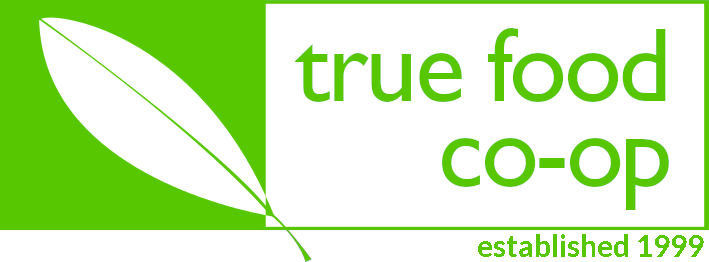We surely all know about the gut microbiome by now. It is the prime player in our immunity and there are billions more microbes in our gut, than cells in our bodies! Adverts promoting food products containing “friendly bacteria” are common now, as are supplements of pro-biotics. What does it all mean for us?
As we are born, we acquire our mother’s microbiome structure and as we develop, that is nourished by breast milk. As we get older, our immune system is enhanced with the soil organisms obtained by playing outside and with other children. In today’s world, things can start to go wrong due to less outdoor activity and the introduction of sanitization products. Because there are adverts for household products that kill “all known germs”, we believe that this is a good thing – and it most definitely isn’t! (Unless there is illness in the house, when it may be more appropriate, but even then there are natural options.)
.jpg) Food also has become more sterile – vegetables are cleaned (not at True Food though!), supermarket salads are washed in water, to which antimicrobial chemicals have been added. These all serve to deplete our good bugs and therefore weaken our immunity.
Food also has become more sterile – vegetables are cleaned (not at True Food though!), supermarket salads are washed in water, to which antimicrobial chemicals have been added. These all serve to deplete our good bugs and therefore weaken our immunity.
There are two ways that we can aid our microbiome to do its job and that is by both feeding and replenishing the microbes – pre and pro-biotics.
Pre-biotic foods
I am always in favour of “local and in season” so most of these are just that. Try to include some into your diet every day.
- Onions, garlic, leeks and the rest of the allium family
- Jerusalem artichokes
- Asparagus
- Oats
- Apples
- Flaxseeds
- Root veg
- Cabbage
- Bananas
 Pro-biotic foods
Pro-biotic foods
You can buy most of these at True Food, but some you can make for yourself!
- Yogurt
- Milk and water based kefir (easy and inexpensive to buy online)
- Sauerkraut (not off the shelf, from the fridge then you know it’s live)
- Other fermented vegetables
- Cheeses – we don’t always think of this as a pro-biotic, but it’s just cultures added to milk!
- Kombucha


